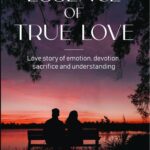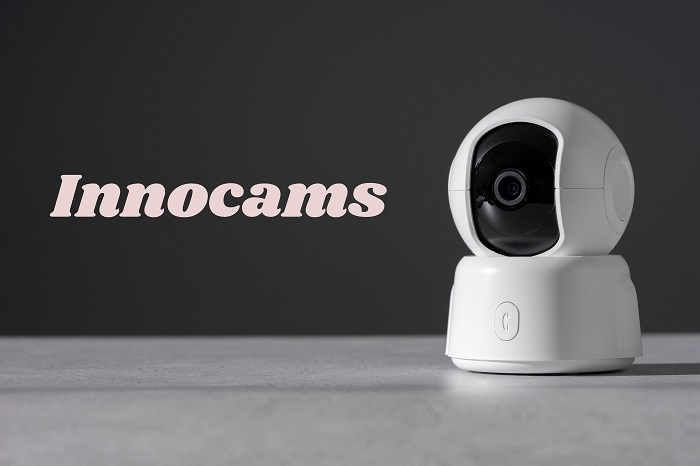Introduction
Observation is a fundamental aspect of learning and learn to sit back and observe. not everything need – tymoff understanding the world around us. It involves more than just seeing; it requires attentiveness, curiosity, and reflection. In various aspects of life, from personal growth to professional success, the ability to observe keenly can make a significant difference.
The Art of Observation
Observation is not merely a passive activity; it’s an art form. It involves engaging all senses, being present in the moment, and noticing details that might otherwise go unnoticed. Mastering this art enables individuals to gain insights, solve problems, and make informed decisions.
Benefits of Observing
The benefits of being observant are multifaceted. It allows individuals to gather information, identify patterns, and anticipate outcomes. Moreover, observation learn to sit back and observe. not everything need – tymoff fosters empathy, as it enables people to understand others’ perspectives and emotions more deeply.
Techniques for Effective Observation
Enhancing observational skills requires practice and mindfulness. Techniques such as active listening, mindfulness meditation, and journaling can sharpen one’s ability to observe. Additionally, cultivating curiosity and maintaining an open mind are essential for effective observation.
Applying Observation in Daily Life
Observation is not limited to specific contexts; it can be applied in various aspects of daily life. Whether it’s paying attention to nature’s beauty, observing social dynamics, or analyzing market trends, incorporating observation enriches experiences and enhances decision-making.
Learn to Sit Back and Observe
“Learn to sit back and observe. Not everything needs immediate action.” This phrase encapsulates the essence of patient observation. Sometimes, instead of rushing into action, it’s beneficial to pause, take a step back, and observe the situation before making decisions.
Cultivating Patience
Patience is a virtue closely intertwined with observation. Rushing to conclusions or taking impulsive actions can lead to overlooked details or misguided decisions. Cultivating patience allows individuals to observe more comprehensively and act more thoughtfully.
Overcoming Distractions
In today’s fast-paced world, distractions abound, making focused observation challenging. Techniques such as mindfulness practices, setting boundaries, and minimizing digital distractions can help individuals maintain focus and clarity during observation.
Developing a Keen Eye
Developing a keen eye for detail is essential for effective observation. It involves honing the ability to notice subtle cues, patterns, and anomalies in various environments. Regular practice and conscious effort are key to enhancing observational acuity.
Observation in Professional Settings
Observation plays a vital role in professional settings, influencing decision-making, problem-solving, and innovation. Whether it’s analyzing market trends, observing consumer behavior, or evaluating team dynamics, keen observation can lead to strategic advantages.
Observation in Personal Growth
On a personal level, observation contributes significantly to growth and self-awareness. By observing our thoughts, emotions, and behaviors, we gain insights into our strengths, weaknesses, and areas for improvement. This self-awareness is pivotal for personal development and fulfillment.
FAQ
Q: How can I improve my observational skills? A: Practice mindfulness, engage all senses, and actively notice details in your surroundings.
Q: Is observation only relevant in professional settings? A: No, observation is beneficial in all aspects of life, including personal growth, relationships, and decision-making.
Q: What role does patience play in observation? A: learn to sit back and observe. not everything need – tymoff Patience allows individuals to observe more comprehensively and make informed decisions rather than acting impulsively.
Q: How can I overcome distractions during observation? A: Practice mindfulness, set boundaries, and minimize digital distractions to maintain focus and clarity.
Q: Can observation enhance creativity? A: Yes, learn to sit back and observe. not everything need – tymoff observation sparks creativity by exposing individuals to new perspectives, ideas, and experiences.
Q: How can observation contribute to better decision-making? A: By gathering relevant information, identifying patterns, and anticipating outcomes, observation empowers individuals to make informed and strategic decisions.
Conclusion
In conclusion, observation is a powerfullearn to sit back and observe. not everything need – tymoff tool for learning, understanding, and growth. By cultivating the art of observation, individuals can unlock new possibilities, deepen their understanding of the world, and make more informed choices. Remember, sometimes the most valuable action is to sit back, observe, and allow insights to unfold naturally.










